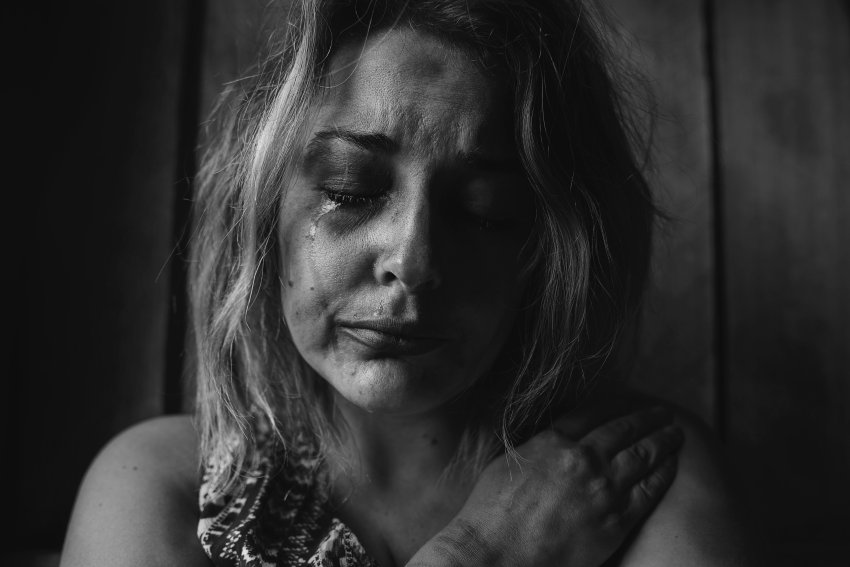
Some organisations advocating against domestic violence have been pushing for the criminalisation of coercive control.
Known as a series of escalating behaviours, coercive control is when males become emotionally abusive towards female partners. It often occurs before a homicide.
The New South Wales government has come up with the Crimes Legislation Amendment (Coercive Control) Bill 2022, which establishes a coercive control offence — abusive behaviour towards current or former intimate partners.
The bill, authored by NSW Attorney General (AG) Mark Speakman, passed the Legislative Assembly on September 19.
As coercive control involves a variety of behaviours, it is not easy to identify, as often only the perpetrator and victim are aware that it is occurring.
Speakman’s bill does not attempt to define coercive control and the context in which it can take place.
Because of the difficulty in identifying this behaviour some women’s organisations, especially those representing First Nations women, want the AG to improve the bill so that, if passed, it helps combat the behavior rather than escalate it.
Despite the NSW Women’s Alliance calling on the AG on August 31 to reopen consultation on the draft bill, Speakman introduced the bill on October 11 and is hell bent on pushing it through parliament by year’s end.
Flawed legislation
“There are a number of different ways to create this offence, and these constructions need to be hypothesised and tested with everyone in the legal system at the table, not in silos,” Domestic Violence NSW chief executive Delia Donovan told Sydney Criminal Lawyers.
“DVNSW is concerned that the bill sets a bar too high for providing proof,” she said.
“In practice, this may mean victim-survivors are unable to access justice for the harm committed against them and [this] may result in the criminal legal system offering false hope and no delivery.”
The organisation is part of a coalition that warned the bill was flawed on its release. Donovan asserts it could lead to a similar situation to Scotland, where the crime is so hard to prove that those who have reported it have then been subjected to an escalation of the abuse.
The four main points of concern are: the bill does not define coercive control or the context in which it occurs; the crime only applies to intimate partners; insufficient attention has been given to how it aligns with apprehended violence orders and other orders of protection; and it will be incredibly hard to prove the offence.
“DVNSW recommends robust implementation, monitoring, and evaluation to ensure this legislation does not have any unintended consequences when it comes into effect,” Donovan said.
She said a taskforce should inquire into the bill including looking into whether current systems can work with it.
Enforcing laws through a racist lens
While some women’s groups have supported moves towards criminalising coercive control, First Nations women’s organisations have been hesitant.
“By excluding all domestic relationships other than current or ex-intimate partners, the bill is excluding kinship violence in Aboriginal communities,” Donovan said.
She is also concerned that it has “the potential to over-criminalise” these communities as a range of other laws have.
Wirringa Baiya Aboriginal Women’s Legal Centre was part of the coalition that warned about potential issues with the bill the day it was released. The DVNSW, Women’s Legal Service NSW and the Redfern Legal Centre were did also.
Christine Robinson, coordinator of Wirringa Baiya, said in a recent piece in The Guardian that any “coercive control offence should not come before thorough cultural and systems reform, including police culture, police investigations, criminal court systems and support systems”.
A major issue for First Nations women experiencing domestic violence is that police will often misidentify the victim as the perpetrator and arrest the victim.
Robinson said if First Nations women are not able to persuade police that they are the victim, what hope do they have in convincing officers that they are experiencing “ongoing psychological abuse and economic abuse”.
Donovan advised that groups at a NSW Legislative Council committee inquiry on October 31 discussed the problem of misidentification and suggested “legislative guidance on how to identify the person most in need of protection”, as other jurisdictions do.
Recognising the harm
Donovan has welcomed the attention MPs from all parties have given to addressing coercive control in the community.
NSW Greens MLC Abigail Boyd first introduced such a bill in June 2020, and Labor tabled its version three months later.
Speakman’s bill inserts section 54D into the Crimes Act 1900 (NSW) to create the offence of abusive behaviour towards current or former intimate partners intended to coerce or control, with a maximum penalty of seven year’s imprisonment.
While no definition for coercive control is provided, the proposed section 54F outlines a list of actions that constitute abusive behaviour including violence, threats, coercion, financial abuse, humiliation, the monitoring of someone, as well as the destruction of property.
“The criminalisation of coercive control has been called for by victim-survivors for a very long time,” Donovan said, “particularly due to the educative function of legislation, which they believe, will demonstrate to the community the significant harm of this pattern of abuse.”
Prepping NSW police
Donovan said a more productive approach to dealing with coercive control would be to initially recognise it in civil protections, such as apprehended domestic violence orders as other jurisdictions have done.
This, she said, would also help counter misidentification.
If such laws were accompanied by quality educative programs, she said, it would send a clear message that coercive control behaviours were not acceptable. But she underscored that “our systems” also need to be equipped, and that would include law enforcement.
“The lack of system readiness can be seen in the NSW Auditor General’s 2022 report on police responses to domestic and family violence,” Donovan said.
“These systems must be appropriately transformed before such complex legislation [is enacted] which will require an entirely new way of policing.”
[This article was first published by Sydney Criminal Lawyers.]